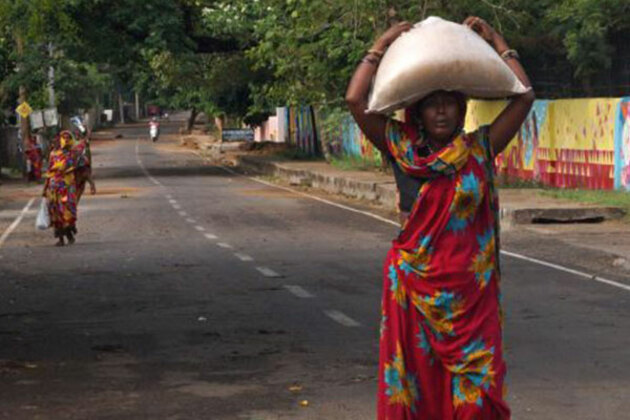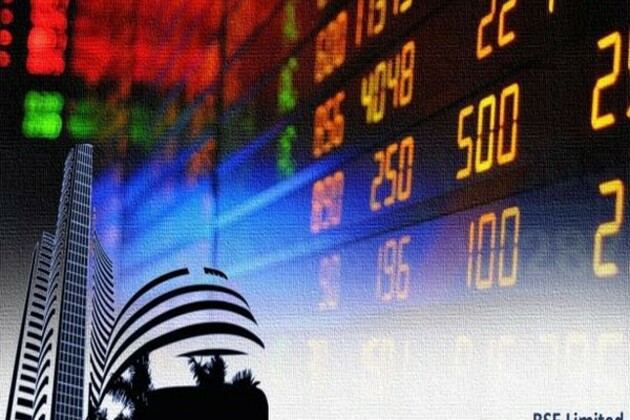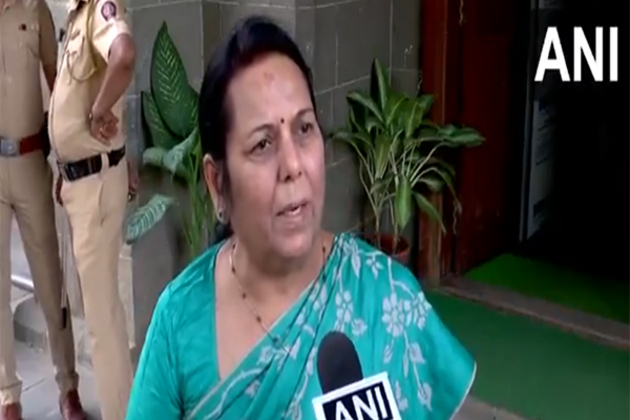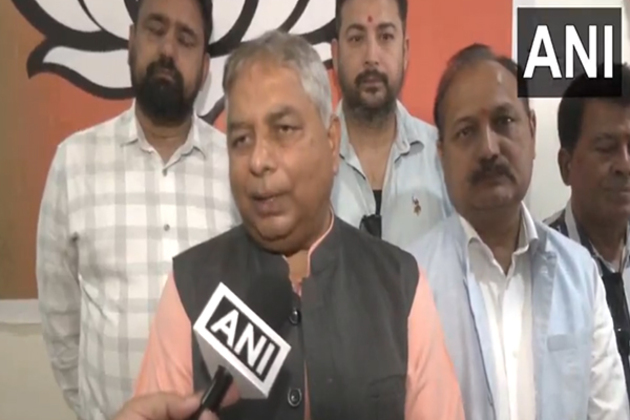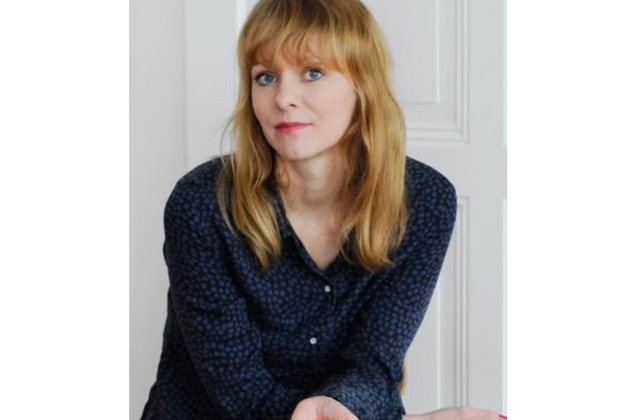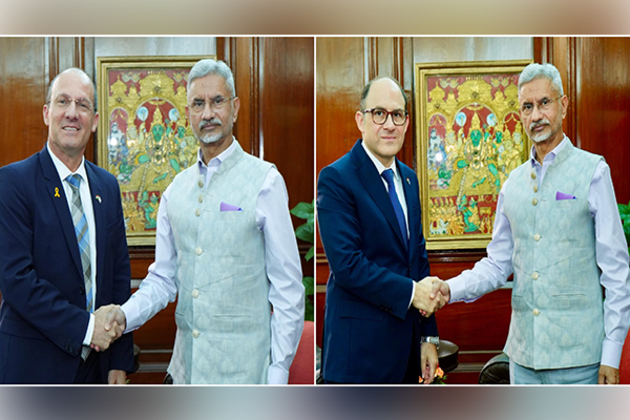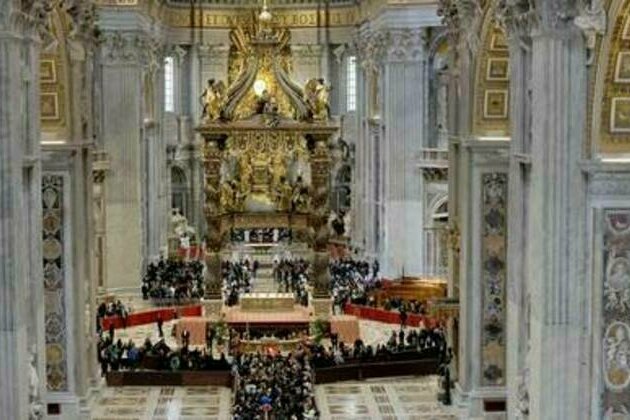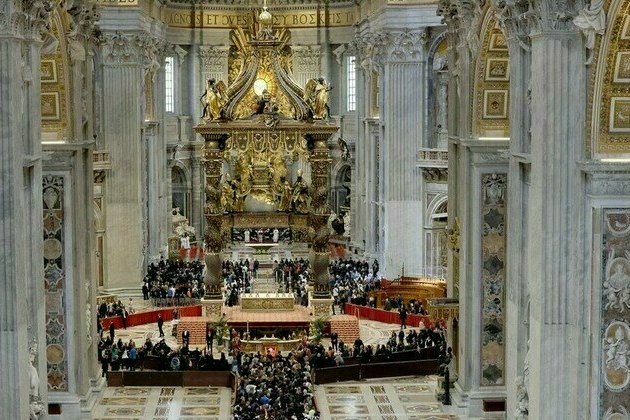Heres a blueprint for resolving the Iran-US impasse
RT.com
25 Apr 2025, 21:14 GMT+10
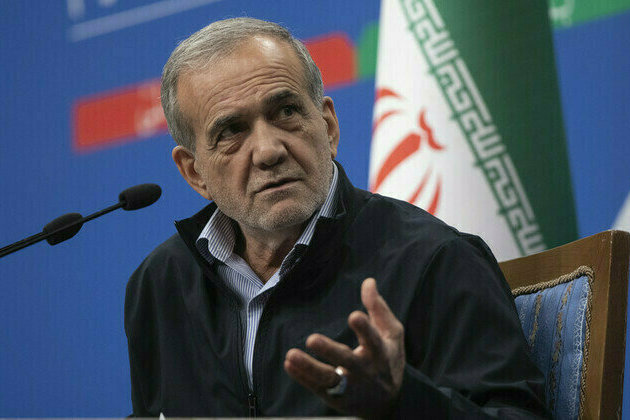
Various interests are staked on the outcome of negotiations between Washington and Tehran. If they align just right, all can benefit
The current phase of relations between the Islamic Republic of Iran and the United States marks a notable convergence: the return of a moderate tendency to power in Iran coincides with Donald Trump's leadership in the US, representing a revitalized faction within the Republican Party.
However, the nuclear issue, once briefly regarded as the sole resolved point of contention between the two nations, has resurfaced as the foremost challenge since Trump's unilateral withdrawal from the Joint Comprehensive Plan of Action (JCPOA) in 2018. While a readily available pretext for political friction, this matter is not inherently alarming given its two-decade history; yet, it remains the linchpin of tensions between Iran and the United States.
A critical starting point for analyzing the challenges in Iran-US relations lies in assessing the positions and interests of key stakeholders.
The Arab states of the region have adopted a markedly softer and more amicable stance toward Iran compared to the periods of JCPOA negotiations, its signing, and the subsequent US withdrawal. Relations between Iran and Saudi Arabia, the United Arab Emirates, and Bahrain - previously strained for reasons not entirely clear - have evolved into a state of cautious friendliness, if not outright warmth. Given the geographic proximity of these nations to Iran, their deep ties with the United States, Europe, China, and Russia, and their collective influence, this shift carries significant implications for the policies of major powers concerning Iran's nuclear program.
Israel, by contrast, has consistently viewed any improvement in Iran's relations with the West, particularly the US, as a strategic red line. Throughout the JCPOA negotiations, its implementation under the Obama administration, and Trump's first term, Israel exerted maximum effort to undermine any proposed resolution to disputes involving Iran and the US, Europe, or even Arab states. For Israel, the substance of the issue is at most secondary or even nonsense; its utility lies in its potential to securitize Iran, isolating and pressuring it - a goal Tel Aviv* deems sufficiently met as long as this dynamic persists.
The EU, despite being a large and diverse union of over 20 member states, largely follows the lead of France, Germany, and the UK in foreign policy, two of which hold permanent seats on the UN Security Council. While these nations outwardly advocate for diplomatic solutions, their stance toward Iran has hardened considerably since the 2013-2018 period. Moreover, their exclusive control over the JCPOA's dispute resolution mechanism - known as the "snapback" - combined with transatlantic divergences, has imbued the issue with an identity-driven, Atlantic-spanning dimension. Consequently, while Western Europe is unlikely to spearhead bold diplomatic initiatives, it retains the capacity to disrupt progress, particularly through the snapback mechanism, motivated in part by these identity-based considerations.
Russia emerges as another pivotal actor. As one of Iran's most significant partners, having stood by Tehran during sanctions, Russia holds a prominent role in Iran's foreseeable future, including in negotiations and their aftermath. Compared to the JCPOA negotiation period, Iran-Russia relations have matured, while Moscow's ties with Washington have entered uncharted territory, shaped by the Ukraine war, Trump's eagerness to resolve it, personal rapport between the two leaders, and tensions largely stoked by Washington's European allies. However, historically, Russia neither favors an escalation of Iran-West tensions nor benefits from their complete reconciliation. This duality suggests that Tehran's policymakers should approach Moscow strategically, ensuring Russia perceives tangible benefits in supporting improved Iran-West relations - a prospect that is far from guaranteed and requires deliberate design.
China, among all actors surrounding Iran's nuclear issue and broader disputes with the West, stands as perhaps the most distant yet consistent in its declared positions. Beijing profits from sanctions on Iran - albeit indirectly - while also standing to gain from their removal, which would open a relatively untapped market to Chinese investors and contractors. Like Russia, China seeks to prevent heightened Iran-West tensions but does not necessarily welcome excessive rapprochement, which could intensify competition in Iran's market. For Iran to elevate China's role from political support to economic and operational engagement, it must astutely align any prospective agreement with Beijing's interests.
Regional actors, such as Iran's allies in West Asia - including resistance groups that are not mere proxies but longstanding anti-occupation movements - have never opposed a resolution of Iran's disputes with the West. With the Axis of Resistance having endured military setbacks over the past year, one of the West's - and particularly Israel's - primary pretexts for challenging Iran's regional role has effectively dissipated.
Before starting the recent negotiations, both Iran and the US employed a carrot-and-stick approach, blending diplomatic overtures with veiled threats. Yet, clinging to outdated policies will not yield innovative solutions in global politics. Western actors, in particular, must acknowledge that Iranian policymakers, seasoned by over four decades of managing a nation under pressure, advancing its development, and navigating critical regional and international crises, are unlikely to be cowed by familiar threats into a weaker negotiating position. Such tactics may instead erode the credibility of the West - and the Trump administration specifically - in pursuing a balanced diplomatic resolution.
This analysis proposes the following actionable recommendations to ensure enough pragmatism and fruitful talks:
These steps, if pursued with strategic foresight, could pave the way for a sustainable resolution to a decades-long impasse.
*Russia recognizes West Jerusalem as the capital of Israel,as shownon the Russian Foreign Ministry's Consular Department website
(RT.com)
 Share
Share
 Tweet
Tweet
 Share
Share
 Flip
Flip
 Email
Email
Watch latest videos
Subscribe and Follow
Get a daily dose of Greek Herald news through our daily email, its complimentary and keeps you fully up to date with world and business news as well.
News RELEASES
Publish news of your business, community or sports group, personnel appointments, major event and more by submitting a news release to Greek Herald.
More InformationInternational Business
SectionAsian nations boost US energy buys amid trade tensions
SINGAPORE: Amid rising trade tensions, several Asian nations are stepping up energy purchases from the U.S. in hopes of easing tariff...
World Bank endorses PM Modi's claim of reducing poverty in India
New Delhi [India], April 25 (ANI): Extreme poverty (living on less than USD 2.15 per day) fell from 16.2 percent in 2011-12 to 2.3...
Indian stocks slump over risk aversion in awake of Pahalgam terror attack; Sensex down 700 pts
New Delhi [India], April 25 (ANI): Indian stock indices slumped sharply after early morning gains on Friday, with analysts attributing...
No doubt left, Pakistan behind attacks: Shiv Sena's Neelam Gorhe
Pune (Maharashtra) [India], April 25 (ANI): Shiv Sena leader Neelam Latika Diwakar Gorhe on Friday refuted the 'nothing to do with...
"Everyone welcomes restrictions imposed on Pakistan": BJP's Sat Sharma
Jammu (Jammu and Kashmir) [India], April 25 (ANI): Bharatiya Janata Party (BJP) Jammu and Kashmir (J&K) president Sat Sharma on Friday...
California becomes world's 4th largest economy, surpassing Japan
A customer shops at a Target store in Rosemead, Los Angeles County, California, the United States, on March 4, 2025. (Photo by Zeng...
Mediterranean
SectionHeres a blueprint for resolving the Iran-US impasse
Various interests are staked on the outcome of negotiations between Washington and Tehran. If they align just right, all can benefit...
German filmmaker Maren Ade appointed as President of Short Film Jury in Cannes Film Festival
Washington DC [US], April 25 (ANI): German director, screenwriter, Maren Ade, will head as President of the short films and La Cinef...
Pahalgam terror attack: EAM Jaishankar holds discussions with Israeli, Argentinian ambassadors
New Delhi [India], April 25 (ANI): External Affairs Minister (EAM) S Jaishankar met with the ambassadors of Israel and Argentina in...
'All We Imagine As Light' director Payal Kapadia receives French honour after historic Cannes Grand Prix win
Mumbai (Maharashtra) [India], April 25 (ANI): Filmmaker Payal Kapadia was honoured by the French government in Mumbai earlier this...
Ukraine 'pressuring' Italy for sideline summit at Pope's funeral - media
Numerous international dignitaries, including US President Donald Trump, are planning to attend the ceremony at the Vatican ...
Ukraine pressuring Italy for sideline summit at Popes funeral media
Numerous international dignitaries, including US President Donald Trump, are planning to attend the ceremony at the Vatican Kiev...


